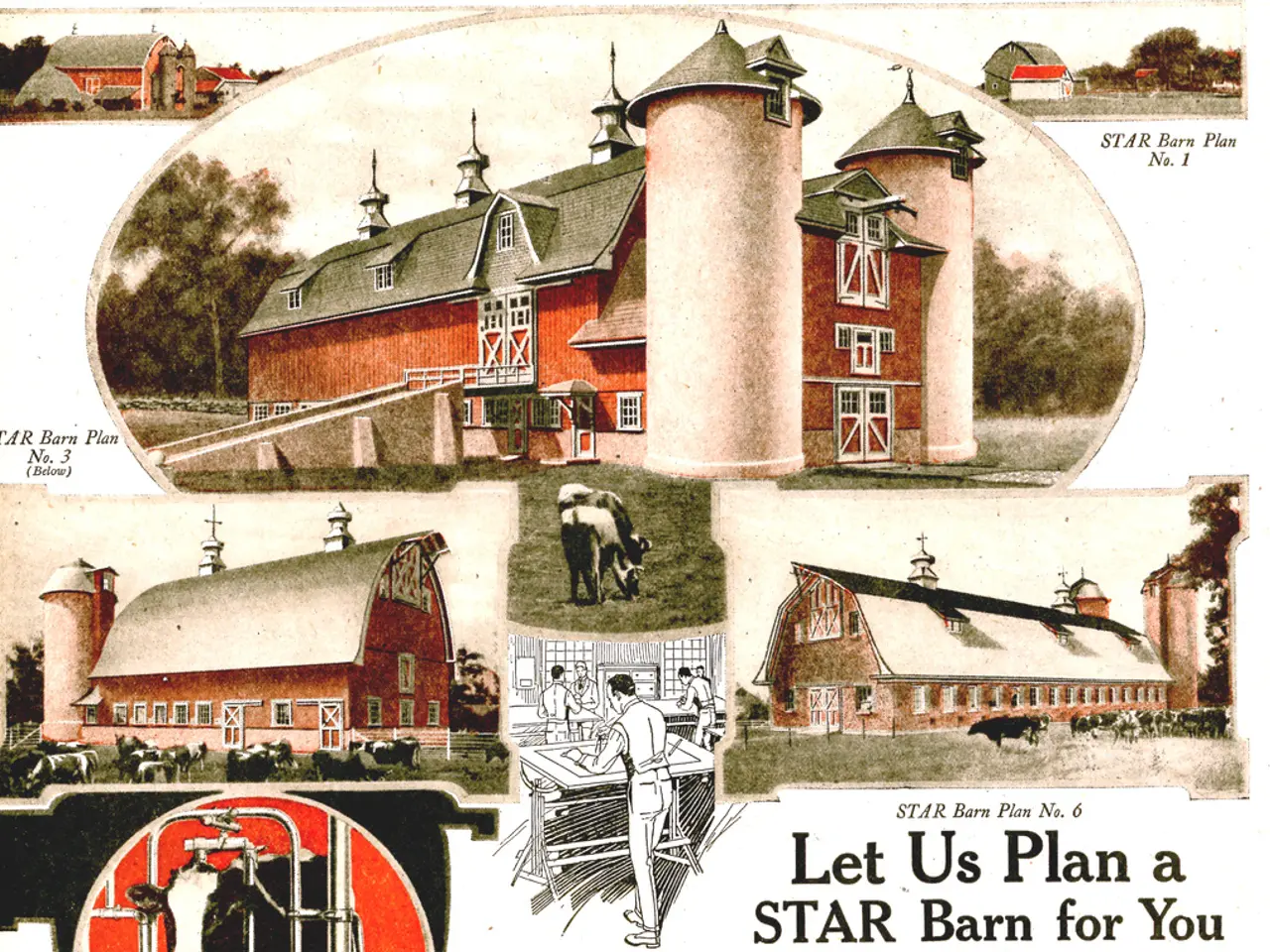Dairy and cooperative initiatives collectively worth over 400 crore rupees launched by Amit Shah in Gujarat; stresses the importance of transparency and technology incorporation
Union Home and Cooperation Minister Amit Shah marked four years of the Ministry of Cooperation in Anand, Gujarat on July 6, 2025. The event coincided with the 150th birth anniversary year of Sardar Vallabhbhai Patel.
Over the past four years, the Ministry of Cooperation, established in 2021, has undertaken several key initiatives and reforms to strengthen the cooperative movement nationwide. The focus areas revolve around modernizing and empowering Primary Agricultural Credit Societies (PACS), digitizing cooperative platforms, reforming policy frameworks, and emphasizing grassroots engagement to ensure prosperity through cooperative models.
Minister Shah inaugurated the Ready-to-Use Culture (RUC) facility developed by the National Dairy Development Board (NDDB) at a cost of Rs 45 crore. He also laid the foundation stone of NDDB's new office building. The Minister also opened the new headquarters of the National Cooperative Dairy Federation of India (NCDFI), Maniben Patel Bhawan.
In the dairy sector, the collective annual turnover of 56 lakh women working in dairy cooperatives is poised to cross Rs 1 lakh crore. Minister Shah highlighted the role of PACS in India's economic growth, as over 8.4 lakh cooperative societies now serve around 31 crore people.
The Minister emphasized the importance of transparency, tech adoption, and member-centric governance to sustain and grow India's cooperative movement. He urged cooperative leaders to make these principles part of their work culture during the International Year of Cooperatives.
The Ministry has worked on strengthening the bye-laws governing PACS to enhance their operational efficiency, governance, and ability to serve cooperative members better. This includes digitization efforts to modernize these societies, making their services more accessible and transparent for the people dependent on them.
Introduction of digital platforms has been a vital aspect of the Ministry’s reform agenda. These platforms aim to link cooperatives seamlessly across regions, improving accessibility, transparency, and real-time communication among cooperatives and with the government.
The Ministry has been focusing on developing comprehensive policies that support the cooperative sector’s growth and sustainability. This includes ensuring robust regulatory mechanisms and encouraging reforms that promote cooperative principles while enhancing financial and institutional support.
The overall goal is to drive prosperity by leveraging the cooperative ecosystem to enhance rural credit, improve agricultural inputs and outputs, and foster inclusive growth. Initiatives aim to create a thriving cooperative sector that can sustainably support economic development.
Minister Shah launched the Sardar Patel Cooperative Dairy Federation Limited and unveiled its logo. He also inaugurated the expansion of Amul’s cheese plant in Khatraj and its chocolate plant in Mogar. The upgraded chocolate facility will now double its production capacity from 30 to 60 tonnes per day.
Shah stated that if it weren't for Dr. Shyama Prasad Mookerjee, Kashmir would not be an integral part of India today. This statement, while not directly factual, is a significant statement made by the minister. Minister Shah highlighted the role of Dr. Mookerjee in India's integration.
The Kutch District Salt Cooperative Society has been announced as a new model to empower salt workers, similar to how Amul transformed the dairy sector. This initiative aims to improve the lives of daily wage earners and farmers by ensuring cooperative societies are more effective in serving their communities.
In conclusion, the Ministry of Cooperation's strategic approach aims to build a robust, digitally enabled, and policy-backed cooperative sector fostering inclusive economic development in India.
The Ministry of Cooperation's focus on digitizing cooperative platforms and modernizing Primary Agricultural Credit Societies (PACS) demonstrates a commitment to blend technology with finance and business in driving economic growth, particularly in the dairy sector.
As the collective annual turnover of women in dairy cooperatives approaches Rs 1 lakh crore and over 8.4 lakh cooperative societies serve around 31 crore people, the importance of transparency, tech adoption, and member-centric governance in sustaining and growing India's cooperative movement becomes evident.




